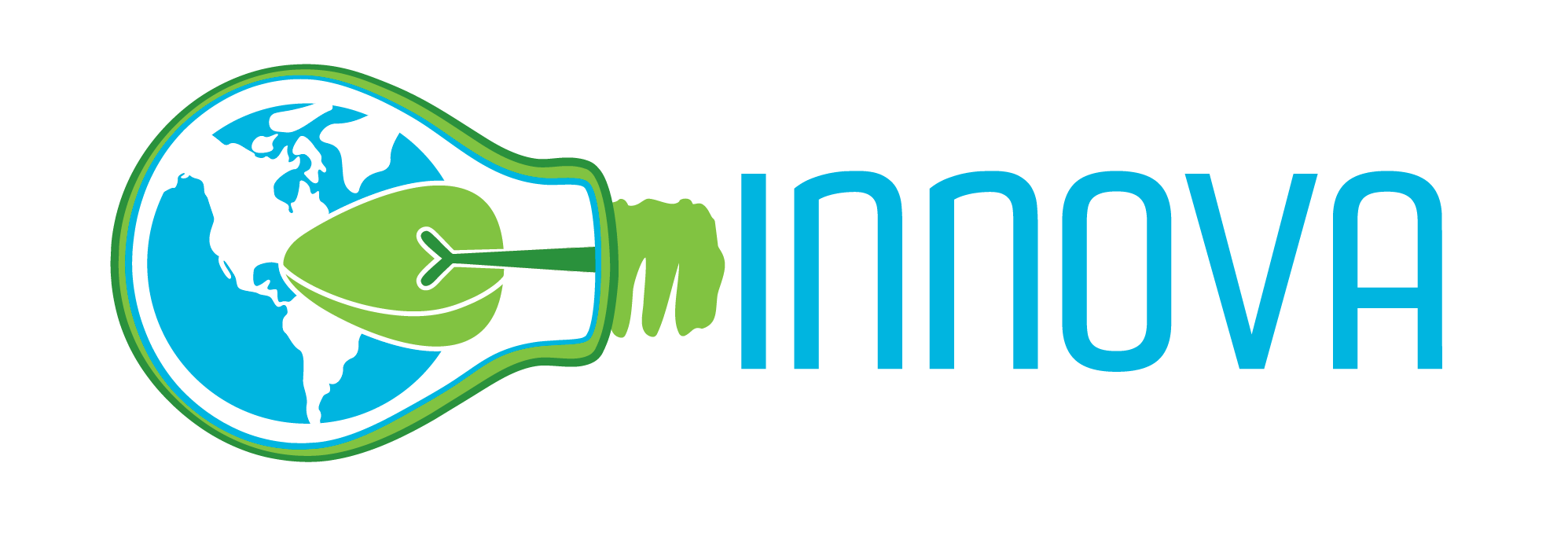Universidade Portucalense identified good practices in Research Management at the Private University of Santa Cruz de la Sierra
The analysis of requirements was completed by the Universidade Portucalense, where the identification of good practices in the Universities that are part of the INNOVA Consortium is the main focus of this task.
In this occasion, using a semi-structured interview research methodology, members of the Universidade Portucalense applied this research study to the Universidad Privada de Santa Cruz de la Sierra (UPSA) with the objective of obtaining a comprehensive exploration and understanding of the best practices selected for this opportunity.
In the first part of the interview, researchers were asked about their knowledge of the research management of this institution in order to obtain an evaluation of its good practices. The following results showed:
UPSA currently has a well-developed and informative strategic research plan called "Plan Horizonte UPSA 2034" which integrates policy and goals defined with the purpose of reaffirming the institutional positioning by strengthening teaching, equipping the faculty with skills for research and interaction, reinforcing the University - Company partnership, promoting research in the private, governmental and community sectors, and volunteering in research projects. The plan has been disseminated through different media and is also visible on the University's website.
Therefore, UPSA was also part of the Clean Air Project - MoniCA Network in which an inter-institutional partnership agreement was signed with the Municipal Government of Santa Cruz de la Sierra and the Swiss Foundation for Technical Development Cooperation (Swisscontact-COSUDE) to develop the different objectives.
In the process of project implementation, UPSA was in charge of the generation of reliable and secure scientific data for the implementation of the project, as well as the location of the measurement sites, the chemical analysis and the collection of real data, in addition to having assigned infrastructure for the central operation of the Air Quality Monitoring Network.
The main products of the project were the following:
- Implementation of the MoniCA Network (Air Quality Monitoring Network) with measurement points according to WHO and validation of pollutants to be measured.
- Local air locality reports.
- Departmental Air Quality Reports in Santa Cruz de la Sierra.
- National Air Quality Reports in Bolivia by the Ministry of Environment and the National Institute of Statistics (INE).
- International publication of data in the journal The Clean Air.
- Institute (CAI) and Clean Air Initiative for Latin America.
One of the main objectives of the project is the measurement for the reduction of pollution and conservation of air quality in the city of Santa Cruz de la Sierra, the involvement of departmental and national authorities in the management of air quality, and increased citizen awareness in the reduction of pollution.
